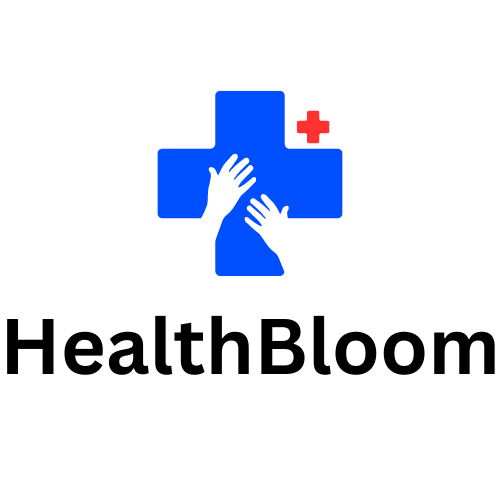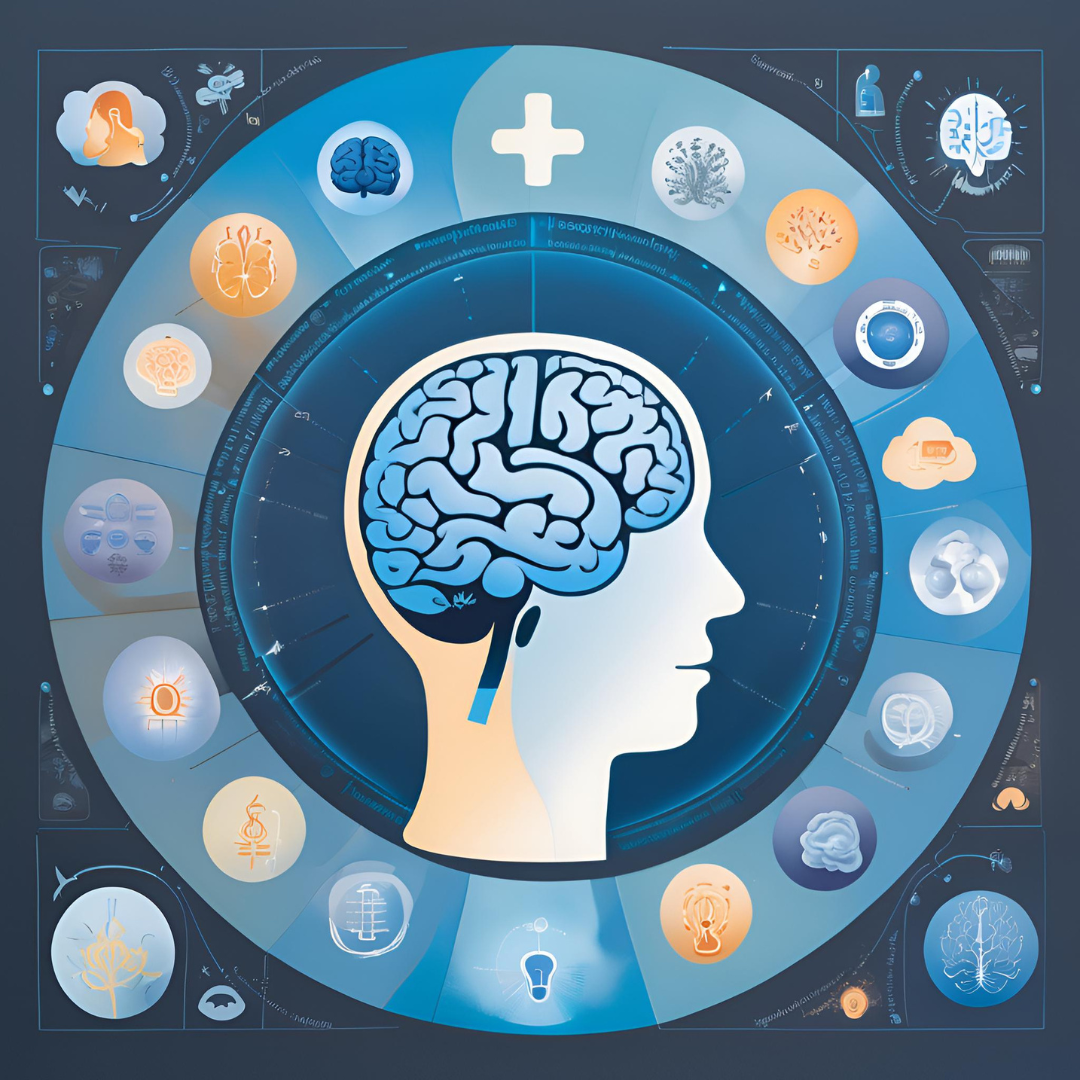Understanding Mental Health: A Comprehensive Overview 🌟
In the realm of mental health, the term “insanity” evokes a myriad of responses and misconceptions. It is essential to delve into the intricate factors that contribute to mental health crises to understand the phenomenon thoroughly. Mental health is a multifaceted issue influenced by various factors including stress, depression, and social anxiety. Let’s explore these elements in detail and their interplay in leading to severe mental health issues.
The Role of Stress in Mental Health 😓🔍
Stress is an inevitable part of life, but when it becomes chronic, it can significantly impact mental health. Chronic stress activates the body’s fight or flight response continuously, leading to numerous health problems. This persistent state of alert can cause the brain to become overloaded, resulting in feelings of helplessness and heightened anxiety.
How Stress Impacts Mental Health 💡
When individuals experience prolonged stress, their bodies produce increased levels of cortisol, a hormone associated with the stress response. Elevated cortisol levels can lead to:
- Mental Fatigue 🧠
- Cognitive Impairment 🧩
- Emotional Instability 🌪️
Over time, this chronic stress can contribute to the development of stress and anxiety disorders, where individuals may struggle with overwhelming feelings of dread and panic.
| Effects of Chronic Stress | Description |
|---|---|
| Mental Fatigue | Persistent tiredness and cognitive exhaustion |
| Cognitive Impairment | Difficulty with concentration and memory |
| Emotional Instability | Frequent mood swings and irritability |
Depression: A Deep Dive 😢📉
Depression is a significant mental health disorder characterized by persistent sadness, loss of interest in activities, and a range of emotional and physical symptoms. This condition affects millions globally and is a major factor leading to severe mental health crises.
Symptoms and Effects of Depression 🩺
Individuals with depression may experience:
- Chronic Fatigue 😴
- Insomnia 🌙
- Changes in Appetite 🍽️
- Difficulty Concentrating 🧠
The emotional toll of depression often leads to social withdrawal, making daily functioning challenging. If left untreated, depression can exacerbate and lead to more severe mental health issues, including thoughts of self-harm or suicidal ideation.
| Symptoms of Depression | Impact |
|---|---|
| Chronic Fatigue | Persistent exhaustion affecting daily activities |
| Insomnia | Difficulty in falling or staying asleep |
| Changes in Appetite | Unintentional weight loss or gain |
| Difficulty Concentrating | Impaired ability to focus on tasks |
The Interplay Between Stress and Depression 🔄
The relationship between stress and depression is complex and reciprocal. Chronic stress can precipitate depression by overwhelming the individual’s coping mechanisms. Conversely, depression can amplify the perception of stress, creating a vicious cycle that exacerbates both conditions. Addressing one without considering the other may not provide comprehensive relief, highlighting the need for an integrated approach to treatment.
Social Anxiety and Its Contribution to Mental Health Issues 🧑🤝🧑🔒
Social anxiety is another critical factor contributing to mental health challenges. It involves an intense fear of social situations and the potential for embarrassment or judgment. This form of anxiety can severely restrict daily functioning and social interactions.
Impact of Social Anxiety 😔
Individuals with social anxiety often avoid social gatherings, which can lead to isolation and worsen existing mental health issues. This avoidance can create a feedback loop where the lack of social interaction increases feelings of loneliness and depression, further entrenching the anxiety.
| Consequences of Social Anxiety | Description |
|---|---|
| Isolation | Avoidance of social interactions |
| Loneliness | Increased feelings of being alone |
| Worsening Mental Health | Exacerbation of existing conditions |
Coping Mechanisms and Treatments 🛠️🌈
Addressing mental health issues requires a multifaceted approach, incorporating both therapeutic interventions and lifestyle changes.
Therapeutic Interventions 💊
Cognitive Behavioral Therapy (CBT) is one of the most effective treatments for both stress and anxiety disorders. CBT helps individuals identify and challenge negative thought patterns and behaviors, providing them with practical tools to manage their symptoms. Additionally, medication such as antidepressants may be prescribed to manage the biochemical aspects of depression.
Lifestyle Changes 🌿
Incorporating regular physical activity, a balanced diet, and adequate sleep are fundamental in managing stress and improving overall mental health. Engaging in mindfulness practices and relaxation techniques such as:
- Meditation 🧘♂️
- Deep Breathing Exercises 🌬️
can also be beneficial in reducing stress levels.
| Effective Coping Strategies | Benefits |
|---|---|
| Regular Exercise | Enhances mood and reduces anxiety |
| Balanced Diet | Supports overall mental and physical health |
| Mindfulness Practices | Improves focus and reduces stress |
FAQs: Breaking Point – The Factors Behind Insanity ❓🧠
1. What are the primary factors contributing to mental health crises?
The primary factors include chronic stress, depression, and social anxiety. These factors can interplay, exacerbating mental health issues and leading to severe conditions if not properly addressed.
2. How does chronic stress affect mental health?
Chronic stress can lead to increased levels of cortisol, causing mental fatigue, cognitive impairment, and emotional instability. Prolonged stress can also contribute to the development of stress and anxiety disorders.
3. What are common symptoms of depression?
Common symptoms of depression include chronic fatigue, insomnia, changes in appetite, and difficulty concentrating. These symptoms can significantly impact daily functioning and emotional well-being.
4. How does social anxiety contribute to mental health issues?
Social anxiety involves an intense fear of social situations, leading to avoidance and isolation. This can exacerbate existing mental health issues by increasing feelings of loneliness and depression.
5. What are some effective coping mechanisms for managing mental health issues?
Effective coping mechanisms include Cognitive Behavioral Therapy (CBT), medication, regular exercise, a balanced diet, adequate sleep, and engaging in mindfulness practices like meditation and deep breathing exercises.
Conclusion 🌟
Understanding the factors behind mental health issues, such as stress, depression, and social anxiety, is crucial for developing effective coping strategies and treatments. Chronic stress and depression often intersect, creating complex challenges that require comprehensive approaches to manage effectively. Social anxiety further complicates mental health by limiting social interactions and increasing feelings of isolation.
Addressing these issues through therapy, medication, and lifestyle changes can significantly improve quality of life and mental well-being.






